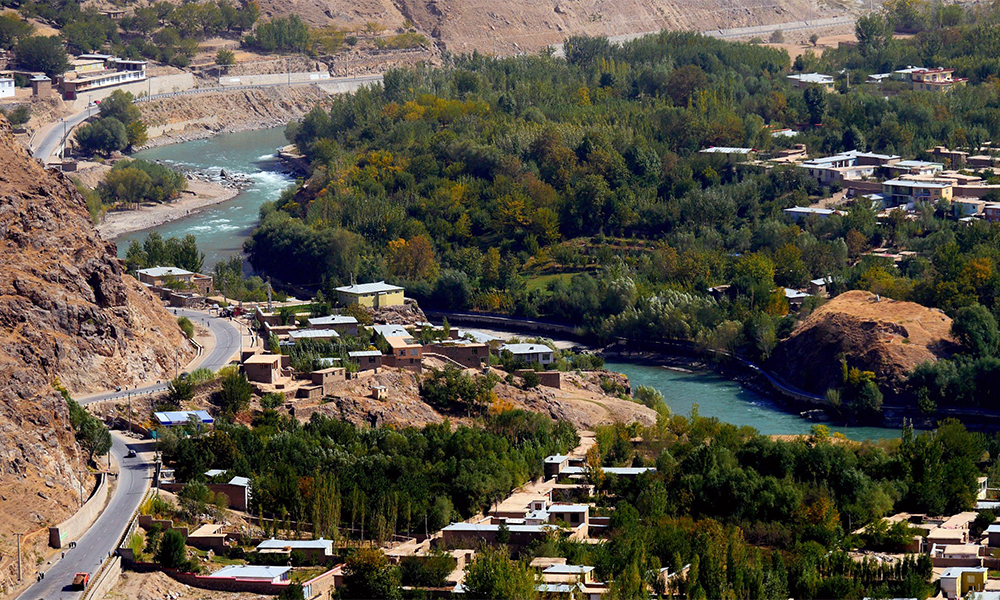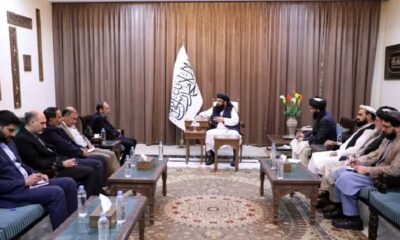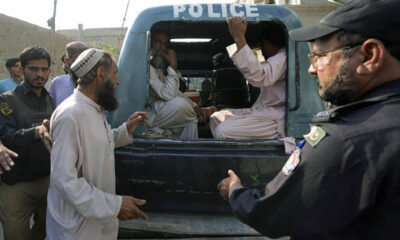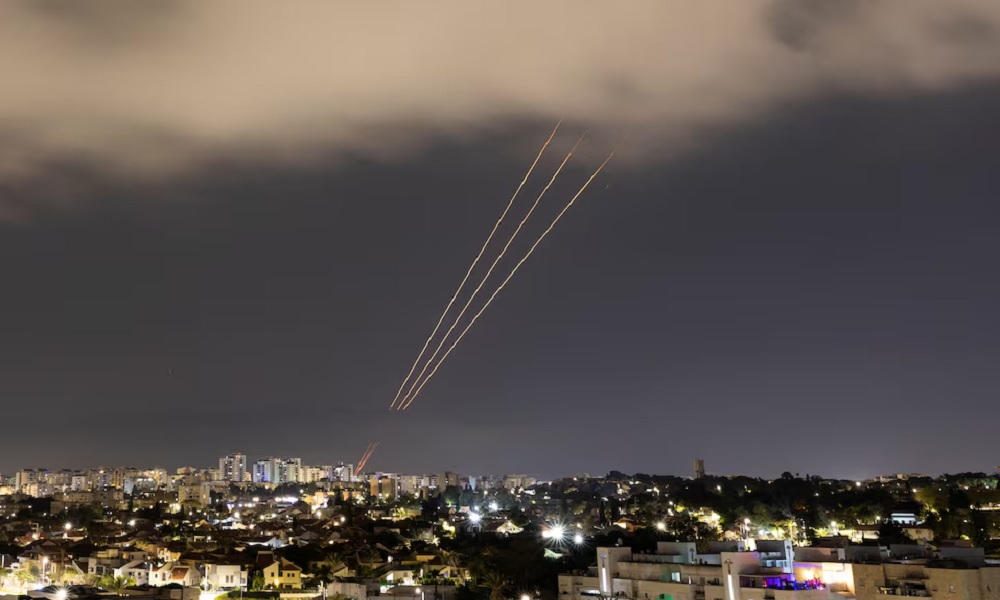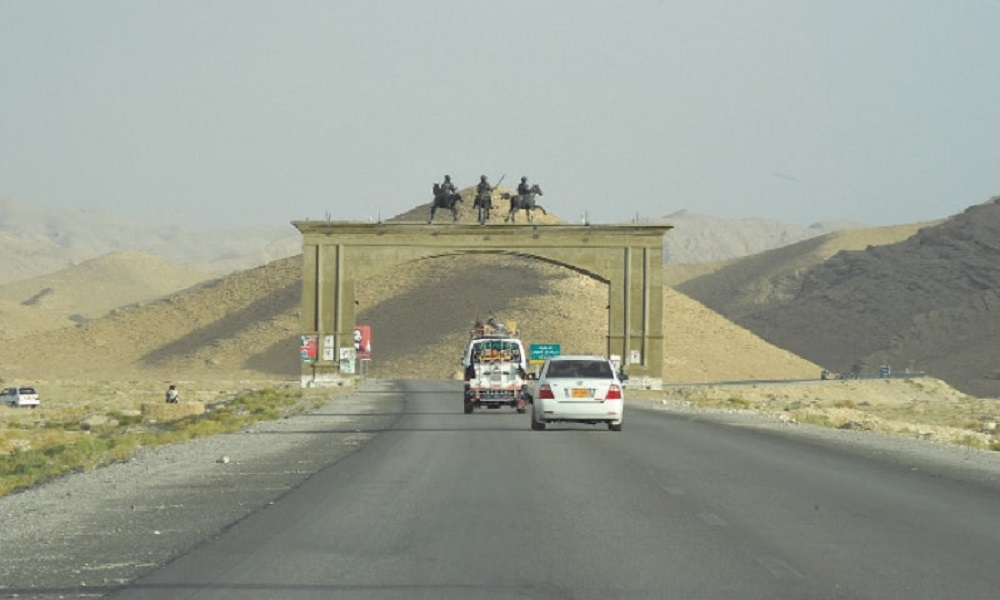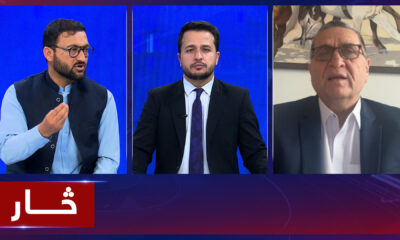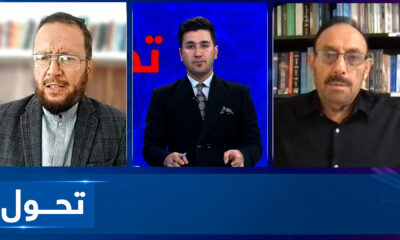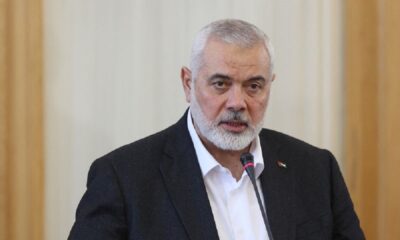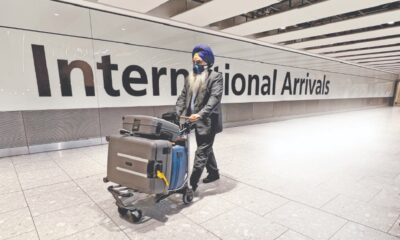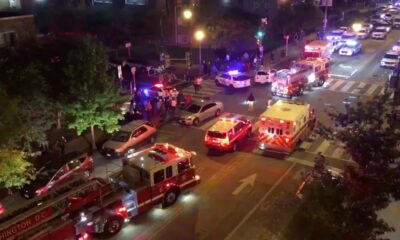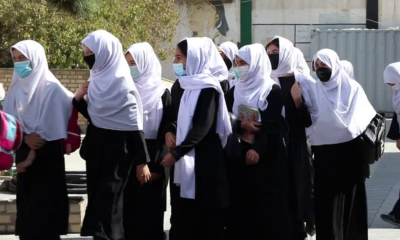(Last Updated On: April 14, 2024)Iran launched explosive drones and fired missiles at Israel late on Saturday in its first direct attack on Israeli territory, a retaliatory strike that raised the threat of a wider regional conflict, as the U.S pledged “ironclad” backing for Israel.
Sirens wailed and Reuters journalists in Israel heard distant heavy thuds and bangs from what local media called aerial interceptions of explosive drones. Authorities said a 7-year-old girl was critically injured.
Israel’s military spokesperson Rear Admiral Daniel Hagari said Iran launched dozens of ground-to-ground missiles at Israel, most of them intercepted outside Israeli borders. They included more than 10 cruise missiles, he said.
The Iranian salvo came to more than 200 drones and missiles so far, Hagari said, and had caused light damage to one Israeli military facility.
The Israeli military later said it was not advising any residents to prepare to take shelter. This revision of an earlier alert appeared to signal the end of the threat.
Israel’s Channel 12 TV cited an unnamed Israeli official as saying there would be a “significant response” to the attack.
Iran had vowed retaliation for what it called an Israeli strike on its Damascus consulate on April 1 that killed seven officers of the Islamic Revolutionary Guard Corps including two senior commanders and said its strike was a punishment for “Israeli crimes”. Israel has neither confirmed nor denied responsibility for the consulate attack.
“Should the Israeli regime make another mistake, Iran’s response will be considerably more severe,” the Iranian mission to the United Nations said, warning the U.S. to “stay away”. However, it also said Iran now “deemed the matter concluded”.
United Nations Secretary-General Antonio Guterres condemned Iran’s attack, saying he was “deeply alarmed about the very real danger of a devastating region-wide escalation.”
The U.N. Security Council was set to meet at 4 p.m. ET (2000 GMT) on Sunday after Israel requested it condemn Iran’s attack and designate the Iranian Revolutionary Guard Corps a terrorist organization, according to a schedule released late on Saturday.
U.S. President Joe Biden and Israeli Prime Minister Benjamin Netanyahu spoke by telephone on Saturday night, the White House said, without immediately giving details. The White House said it would provide a summary of the call.
Biden, who on Friday had warned Iran against an attack, cut short a weekend visit to his home state of Delaware and returned to Washington to meet with his national security advisers, including his secretaries of defense and state, in the White House Situation Room. He pledged to stand with Israel.
“Our commitment to Israel’s security against threats from Iran and its proxies is ironclad,” Biden said on X after the meeting.
The Gaza war between Israel and Hamas, now in its seventh month, has ratcheted up tensions in the region, spreading to fronts with Lebanon and Syria and drawing long-range fire at Israeli targets from as far away as Yemen and Iraq.
British maritime security company Ambrey said in a statement that drones were also reportedly launched against Israel by Yemen’s Iran-aligned Houthi group.
Those clashes now threaten to morph into a direct open conflict pitting Iran and its regional allies against Israel and its main supporter, the United States. Regional power Egypt urged “utmost restraint”.
While Israel and Iran have been bitter foes for decades, their long feud has mostly unfolded via proxies or by targeting each other’s forces operating in third countries.
U.S. and British warplanes were involved in shooting down some Israel-bound drones over the Iraq-Syria border area, Channel 12 reported. Two American officials said the U.S. military had shot down dozens of drone aircraft headed for Israel.
ESCALATION
Netanyahu convened Israel’s war cabinet at a military headquarters in Tel Aviv, his office said.
Israel and Lebanon said they were closing their airspace on Saturday night. Jordan, which lies between Iran and Israel, had readied air defences to intercept any drone or missile that violated its territory, two regional security sources said.
Residents in several Jordanian cities said they heard heavy aerial activity.
Syria, an ally of Iran, said it was putting its ground-to-air defence systems around the capital and major bases on high alert, army sources there said.
The European Union, Britain, Czech Republic, Denmark, France, Mexico, the Netherlands and Norway condemned Iran’s attack.
Biden’s Republican rival in November’s presidential election, Donald Trump, briefly referred to the airstrikes at a rally in Pennsylvania, criticizing his Democratic rival.
“They’re under attack right now,” Trump said. “That’s, because we show great weakness. This would not happen, the weakness that we’ve shown, it’s unbelievable, and it would not have happened if we were in office.”
Israel had been bracing for an Iranian response to the Damascus consulate strike since last week, when Iran’s Supreme Leader Ayatollah Ali Khamenei said Israel “must be punished and shall be” for an operation he called equivalent to one on Iranian soil.
Iran’s main ally in the region, the Lebanese Shi’ite group Hezbollah that has been exchanging fire with Israel since the Gaza war began on Oct. 7, said early on Sunday it had fired rockets at an Israeli base.
(Reuters)

